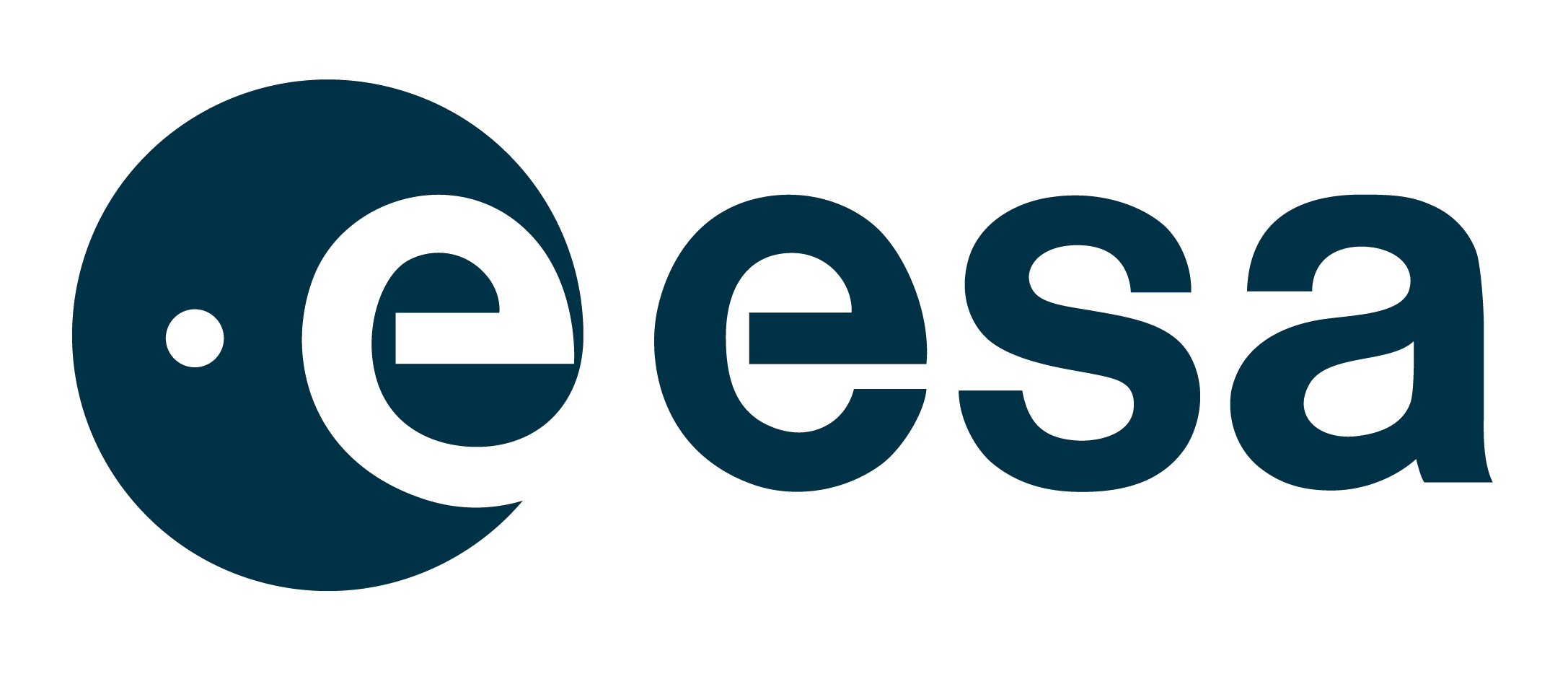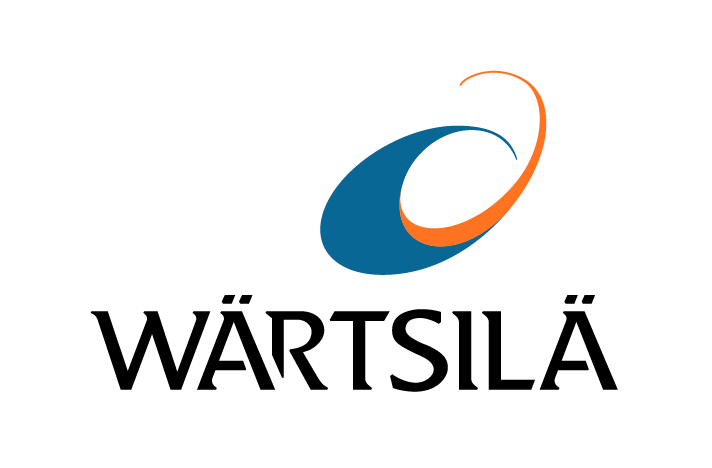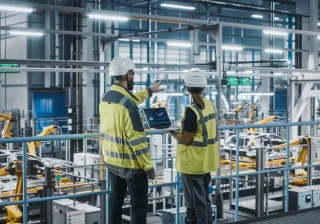Your R&D partner in sustainable growth
We help you to science up your solutions and achieve tomorrow’s breakthroughs.
Find the right fit for your business
VTT offers 100+ expert services for cutting-edge R&D solutions. Let us help you find the perfect match for your needs.
What is your industry?
Question 1 of 2
Did you know this about VTT?
With our brilliant minds and top-class piloting and research infrastructure we pave the way for innovations.
Customers reported improved knowledge base
96%
Employees with doctorate or licentiate degree
32%
Spin-off companies
+50
How to partner with us?
Whether you have a clear challenge or a budding idea, VTT’s experts help you to unlock your potential.
Showcasing our customers & partners







Our aim is always commercial viability, and we know we can trust VTT to help us reach that.
Director of New Technologies, Valmet






















